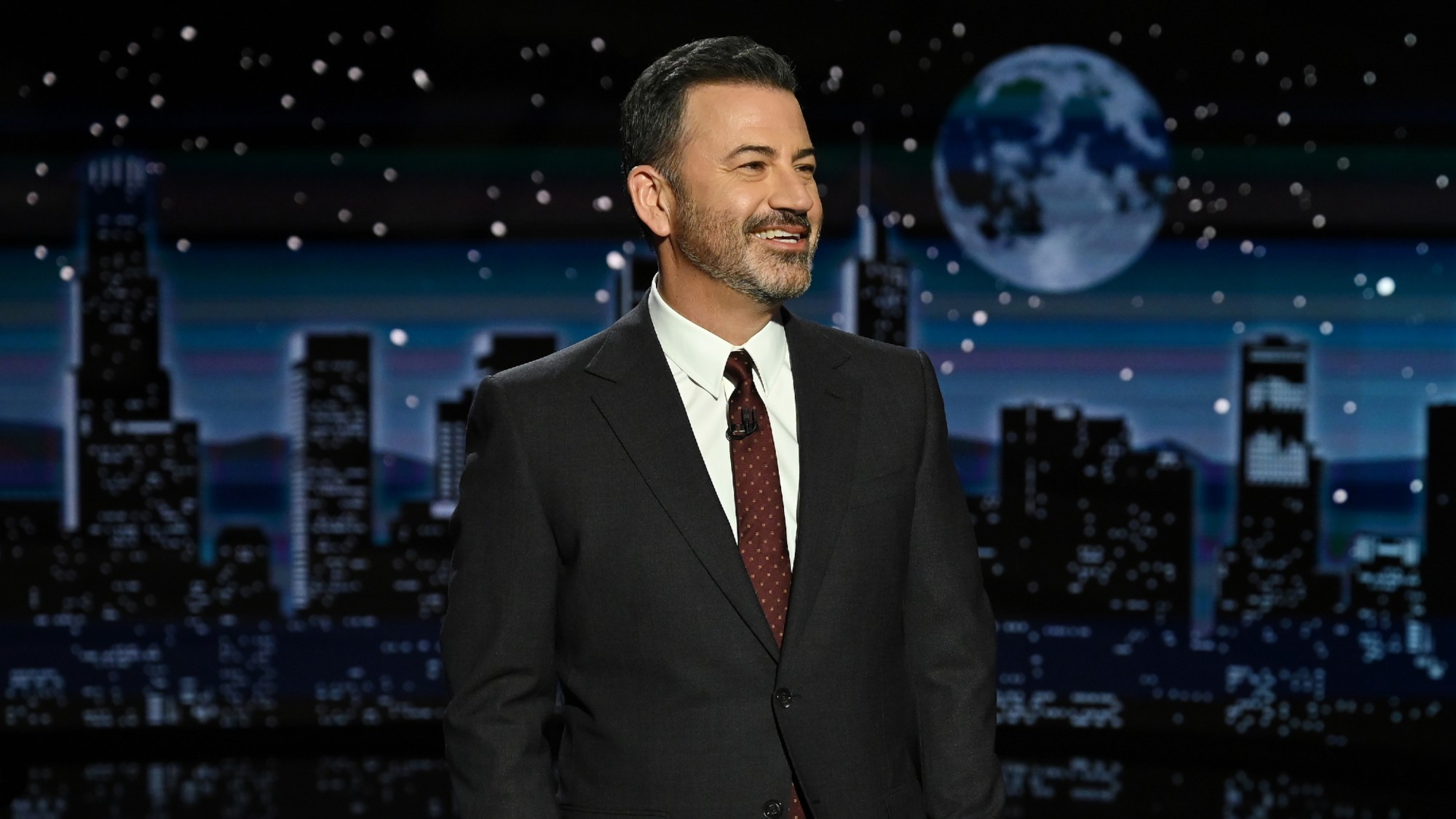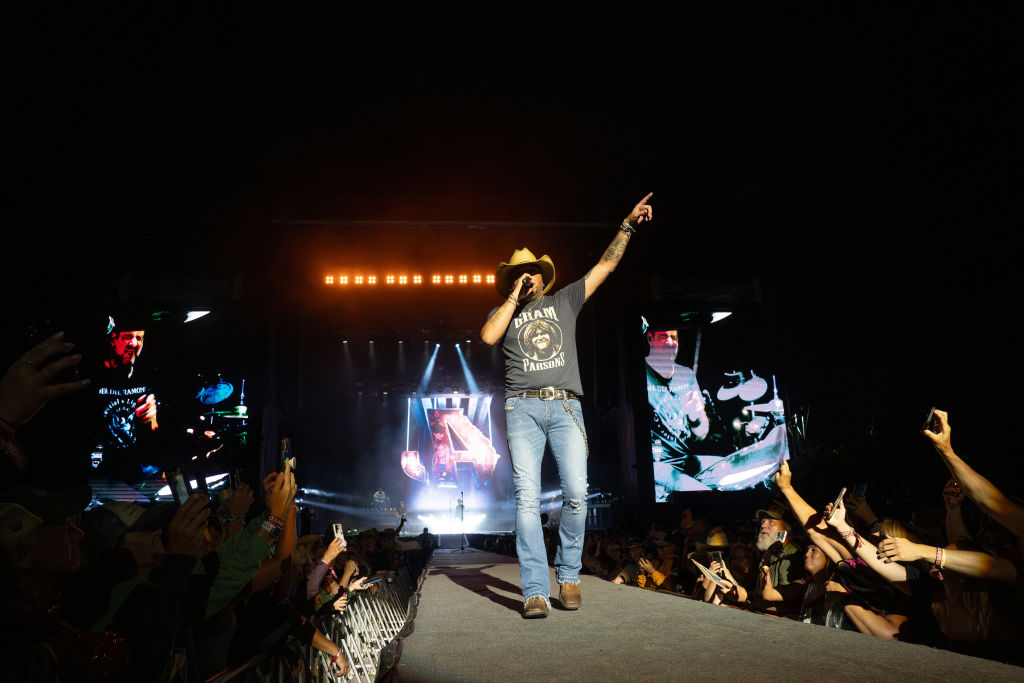The Tea Partiers: Who are they, and why are they angry?
What a new CBS/New York Times poll revealed about the demographic makeup of the Tea Party movement.
A free daily email with the biggest news stories of the day – and the best features from TheWeek.com
You are now subscribed
Your newsletter sign-up was successful
So much for stereotypes, said David Harsanyi in The Denver Post. Last week, as tens of thousands peacefully protested income-tax day at Tea Party rallies across the nation, a new CBS/New York Times poll revealed some startling facts about the demographic makeup of this energetic young movement. Rather than some fringe element of right-wing kooks, the Tea Party consists of people who are, on average, better educated and more affluent than the average American, with political views that are by no means extreme. Fully 57 percent support gay marriage or civil unions, 65 percent believe in some legal access to abortion, and, perhaps the shocker, “a plurality of Tea Party activists do not deem Sarah Palin qualified for the presidency.” What they have in common is a conviction that under Barack Obama, the federal government has grown too large, too expensive, and too intrusive. Are there a handful of “disreputable cranks” in the Tea Party ranks? said Jeff Jacoby in The Boston Globe. Of course. But as the poll proved, the 18 percent of the population that supports the movement are “sincere and energized citizens” from mainstream America, with legitimate grievances that Democrats ignore at their peril.
That’s one way of reading the poll’s results, said Tim Rutten in the Los Angeles Times. What it actually reveals is that the Tea Party is essentially a movement of “angry white males”—the same cohort of reactionaries that Richard Nixon called the “Silent Majority.” Nine out of 10 Tea Partiers are white, 59 percent are male, and 75 percent are Republicans over age 45. Most laughable is their claim to “populism,” said E.J. Dionne in The Washington Post. For a group supposedly formed from “we the people,” the Tea Partiers are a privileged lot that hold a curiously negative opinion of minorities and the poor. A majority (52 percent) of Tea Party supporters believe “too much has been made of the problems facing black people,” and 73 percent think “providing benefits to poor people encourages them to remain poor.” Clearly, part of their anger “does appear to be driven by racial concerns.”
That’s a convenient media fiction, said Andrea Peyser in the New York Post. If this were just about race, the Tea Party would have arisen when the president was first elected. But at the start of Obama’s term, many of those now protesting had joined the rest of America in wishing their new president well. They turned on him only after those “massive government bailouts” and the administration’s decision to “shove an expensive and divisive health-care bill down the country’s collective throat.”
The Week
Escape your echo chamber. Get the facts behind the news, plus analysis from multiple perspectives.

Sign up for The Week's Free Newsletters
From our morning news briefing to a weekly Good News Newsletter, get the best of The Week delivered directly to your inbox.
From our morning news briefing to a weekly Good News Newsletter, get the best of The Week delivered directly to your inbox.
I’m not buying it, said Andrew Sullivan in TheAtlantic.com. We heard not a peep from the Tea Partiers when their fellow white conservative George W. Bush turned a federal budget surplus into a trillion-dollar deficit, created an expensive new Medicare prescription program, and insisted on unchecked “executive power.” The Tea Partiers’ “cultural hostility to Obama” is out of all proportion to his centrist policies, and they have no “genuine proposals to reduce spending and taxation.” Most of them, the poll showed, want fiscal restraint and smaller government—as long as it doesn’t mean cutting the defense budget or their own benefits. When Tea Party leaders propose “cuts in Medicare, means-testing Social Security, a raising of the retirement age, and a cut in defense spending, I’ll take them seriously.” Until then, I’ll see them as partisans primarily motivated by racial resentment, selfishness, and fear.
A free daily email with the biggest news stories of the day – and the best features from TheWeek.com
-
 Political cartoons for February 15
Political cartoons for February 15Cartoons Sunday's political cartoons include political ventriloquism, Europe in the middle, and more
-
 The broken water companies failing England and Wales
The broken water companies failing England and WalesExplainer With rising bills, deteriorating river health and a lack of investment, regulators face an uphill battle to stabilise the industry
-
 A thrilling foodie city in northern Japan
A thrilling foodie city in northern JapanThe Week Recommends The food scene here is ‘unspoilt’ and ‘fun’
-
 Television personalities who have come under fire
Television personalities who have come under fireIn Depth Jimmy Kimmel is the latest TV host to be swept up in controversy
-
 9 chart-topping hits that stirred controversy
9 chart-topping hits that stirred controversyIn Depth 'Rich Men North of Richmond' and 'Try That in a Small Town' are the latest musical hits to generate cultural furor
-
 The new golf league challenging the PGA, explained
The new golf league challenging the PGA, explainedSpeed Read What you need to know about LIV Golf
-
Paul Ryan: Is it racist to blame poverty on culture?
feature Paul Ryan sparked outrage when he attributed the cause of poverty in the nations's inner cities to a culture of "men not working.”
-
The GOP: Are party leaders divorcing the Tea Party?
feature It was only a few years ago that the Tea Party movement helped the GOP seize control of the House in the 2010 midterms.
-
The GOP: Is Ted Cruz the new face of the party?
feature The GOP must decide, and decide soon, whether Ted Cruz’s angry, extremist rhetoric will define its message.
-
Tea Party rebellion: Is America still fighting the Civil War?
feature The philosophical and demographic gulf between the two parties has become a chasm, making compromise almost impossible.
-
Fast-food workers: Do they deserve a living wage?
feature Workers at major fast-food chains staged one-day strikes during peak mealtimes to demand an increase in their wages.